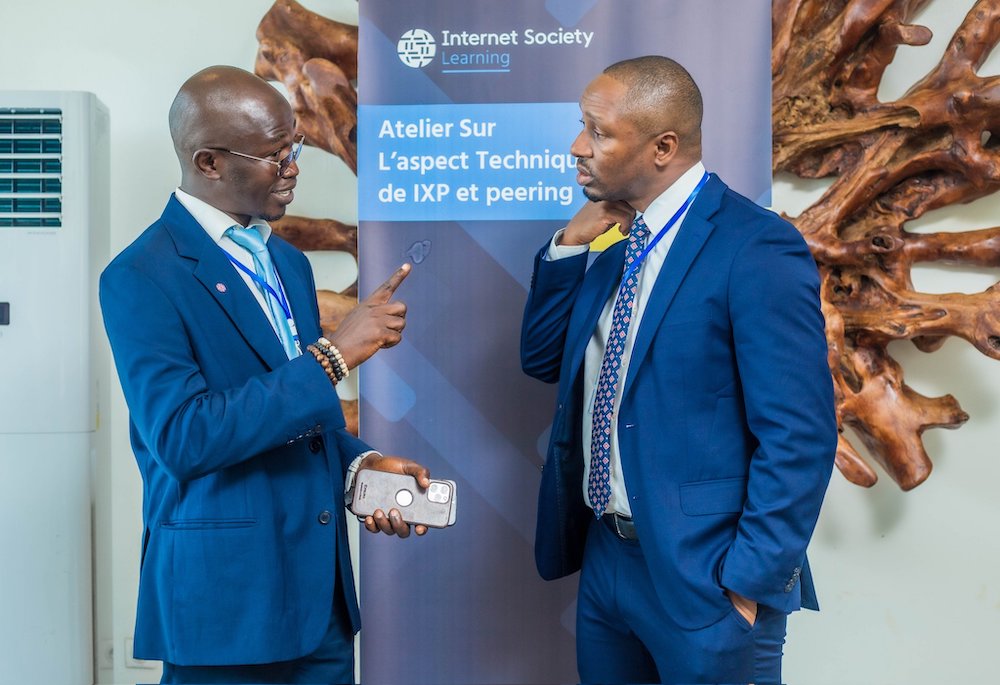Around the world, our 130 chapters and special interest groups work locally, regionally, and globally to keep the Internet a force for good: open, globally connected, secure, and trustworthy. Each month, we provide a brief overview of just some of the things they have achieved in the previous month.
Spotlight on Guinea
🇬🇳 Guinea Chapter collaborated with Internet Society and the local Internet exchange point (IXP) to successfully deliver a five-day technical training workshop to strengthen the IXP and foster the peering ecosystem in Guinea.
The workshop provided over 30 engineers from local Internet service providers and network operators with the knowledge and skills to securely connect to their local IXP and exchange Internet traffic, helping to improve Internet resilience in their region.
IXPs make the Internet faster and more affordable. Keep track of how many IXPs there are in the world on the Internet Society Pulse IXP Tracker.
Chapter Activities
🇦🇲 Armenia Chapter published its project report, Enhancing Resilience: Empowering Armenia’s .AM Registrars and Technical Community. The report marks a key milestone in the chapter’s work to strengthen collaboration with local registrars and the technical community, building a more robust and secure Internet in Armenia.
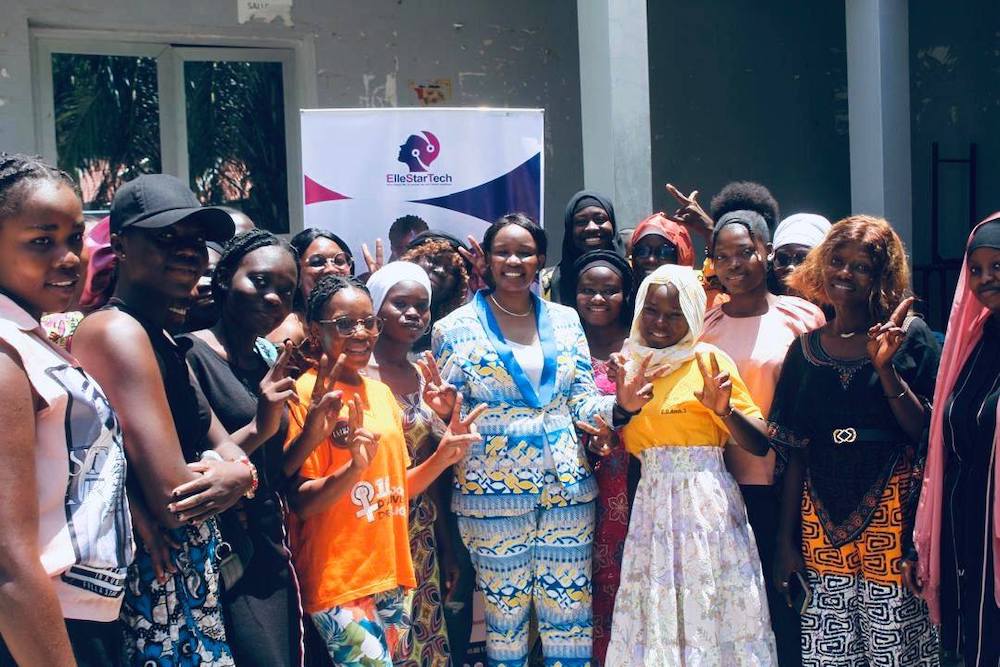
🇹🇩 Chad Chapter held a five-day practical learning program, funded by a grant from the Internet Society Foundation, to strengthen girls’ and women’s digital and leadership skills.
🇬🇹 Guatemala Chapter co-organized the 1st National Forum on Cybersecurity & Information Security. The event covered digital culture, telecommunications, cyber defense, Zero Trust, and cyber resilience, highlighting the importance of strong relationships with governments to advance trust and security online. This reflects the chapter’s commitment to building strategic alliances for local impact and advocacy.
🇮🇳 India Chennai Chapter officially launched its Student Chapter at Sri Ramakrishna Institute of Technology, Coimbatore. This collaboration is a significant step toward the welfare and empowerment of the student community, fostering awareness, innovation, and leadership in the digital space.
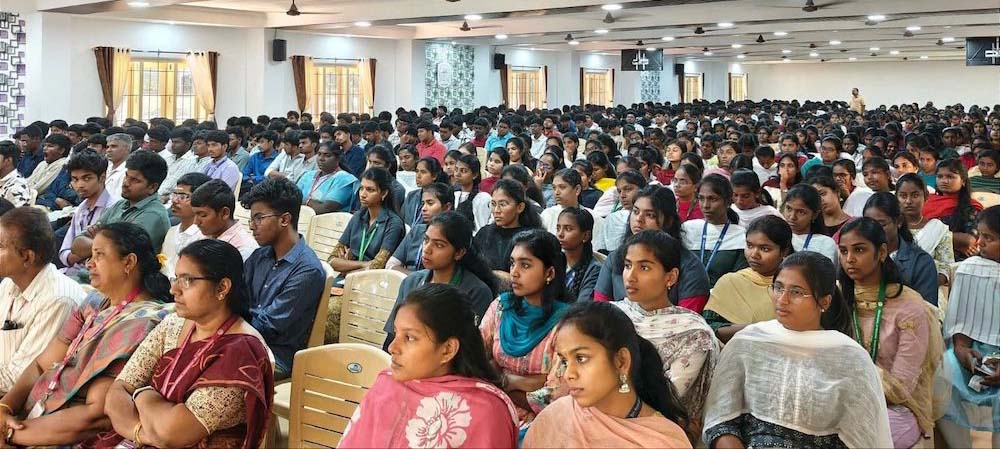
🇮🇳 India Mumbai Chapter organized an online session titled “The Future of Superintelligence” to explore how advanced AI could transform the future of humanity. Key highlights included reflections on how superintelligent systems could reshape technology, society, and human identity, while also provoking dialogue on the responsibilities and opportunities ahead.
🇮🇱 Israel Chapter hosted the successful Webna 2.0 Conference, focusing on digital innovation and the AI revolution within Arab society in Israel. Co-led by the chapter’s Arab Expert Forum for Digital Inclusion, the event brought together over 200 entrepreneurs, educators, and community leaders. Participants engaged in practical workshops on generative AI and misinformation detection, while new chapter research on AI usage in Arab society was presented, underscoring the commitment to bridging the digital divide and empowering communities for the future.
🇰🇪 Kenya Chapter held a technical webinar entitled “Internet 101.” Around 115 participants gathered to discuss IP addressing, network routing, and the Domain Name System (DNS), helping to build digital literacy skills across the country.
🇨🇦 Manitoba Chapter was featured on the local news, which highlighted how the chapter is building a community network that will provide free Internet for 1,000 households in an underserved area of Winnipeg.
A community network is born when individuals come together to establish and maintain an Internet connection themselves—Internet by the people, for the people. Find out how we’re connecting the unconnected.
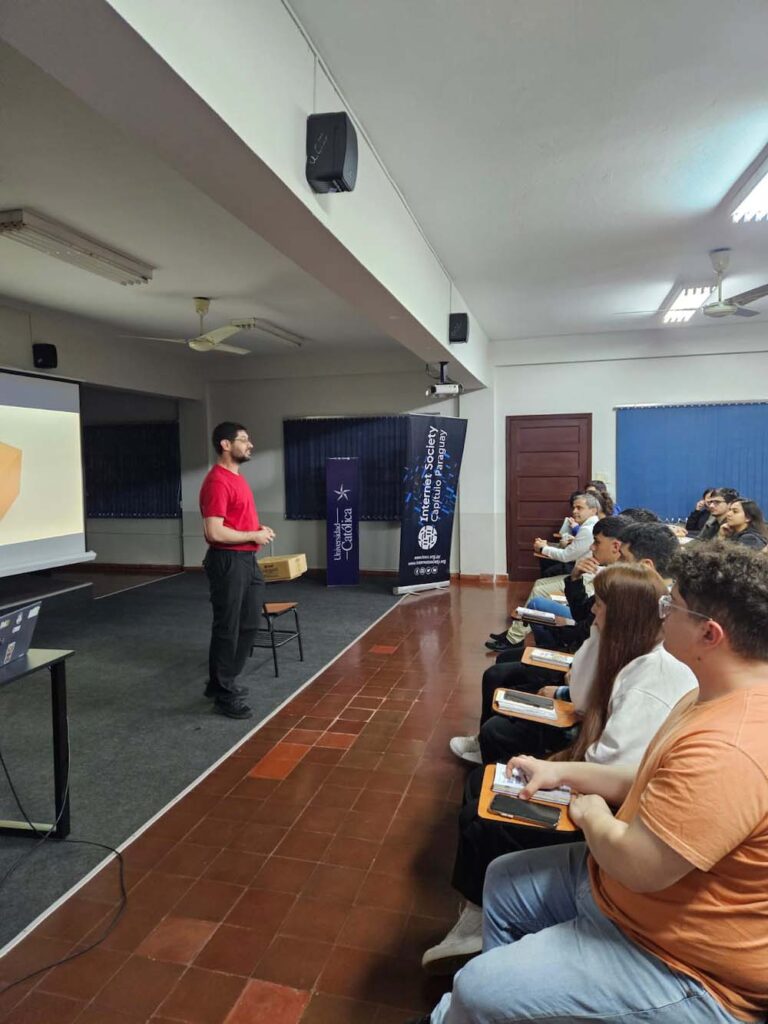
🇵🇾 Paraguay Chapter held a Technical Community Day, with key topics including TCP/IP, Border Gateway Protocol (BGP), Resource Public Key Infrastructure (RPKI), and Mutually Agreed Norms for Routing Security (MANRS). The event facilitated knowledge share among the local technical community, contributing to capacity building and the promotion of best practices in the region.
🇵🇹 Portugal Chapter took a firm stand for online privacy and security by publicly speaking out against the EU’s proposed Chat Control/CSAM legislation. The chapter is actively raising awareness among Portuguese representatives about the proposal’s risks to end-to-end encryption and fundamental digital rights.
🇷🇴 Romania Chapter launched a public campaign against the EU’s proposed Chat Control/CSAM legislation to raise awareness and advocate for digital privacy. The goal was to ensure that the public and key decision-makers were fully informed about the dangers of mass surveillance and weakened encryption before the upcoming European Parliament’s vote.
🇻🇨 Saint Vincent and the Grenadines Chapter hosted a panel discussion on “Digital Public Infrastructure (DPI) in the Context of Accessibility and Affordability of the Internet.” The session explored how DPI can serve as a tool to expand access, reduce costs, and foster digital inclusion. The event inspired participants to continue advancing towards a more affordable and accessible Internet for everyone in the region.
🇺🇦 Ukraine Chapter organized an innovative contest for university students on AI solutions for environmental monitoring. The event, which involved 37 students at the National University of Life and Environmental Sciences of Ukraine, aimed to inspire the next generation of leaders and expand the chapter’s engagement with the academic community.
🇺🇾 Uruguay Chapter co-organized DNS Week, which included sessions on DNS dispute resolution, Internet blocking, cybersecurity—DNSSEC & KINDNS, and best practices in routing, peering, and DNS. The event highlighted the Uruguay Chapter’s regional leadership in technical governance and strengthened strategic partnerships to advance security, resilience, and best practices across the Internet ecosystem.
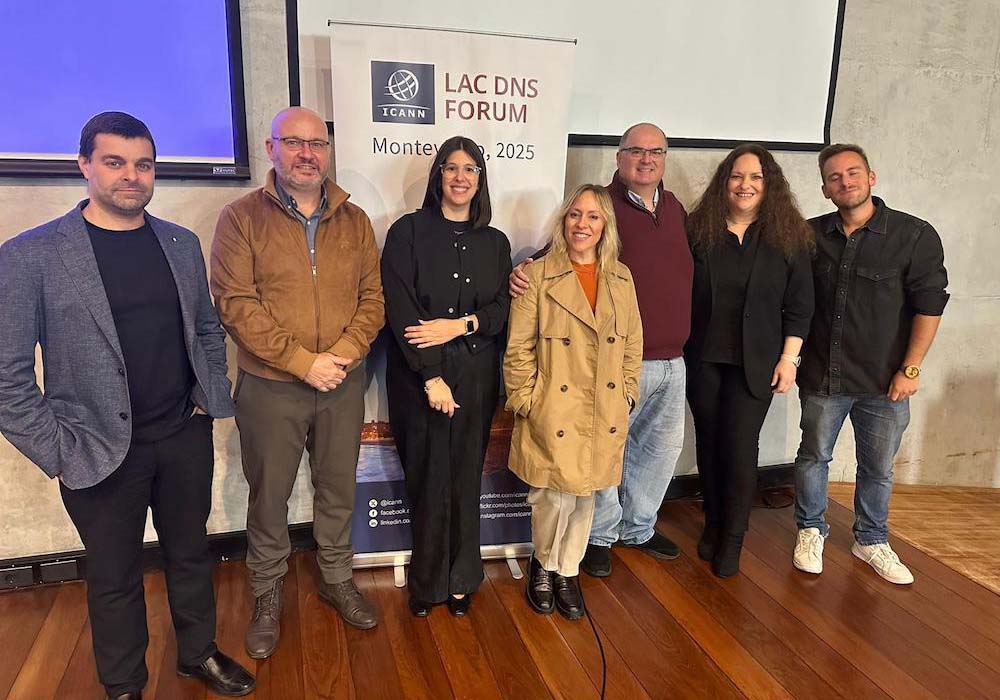
🇿🇲 Zambia Chapter published video updates about the progress it has made on its Digital Education Hub, a project supported by an Internet Society Foundation grant. Find out more about the impact the hub has had on Chazanga Primary School and how offline learning can bridge Zambia’s education gap.
Chapter Collaboration
🌐 Several chapters in the Latin America and Caribbean region joined forces to create the Regional Technical Subgroup on Internet Measurements (ISOC-LAC Measurements), an open, collaborative, and voluntary space coordinated by our Uruguay Chapter. In the first meeting, the Paraguay, Ecuador, Dominican Republic, Honduras, Nicaragua, and Uruguay Chapters participated.
🎧 Listen to this month’s episode of our Internet Changemakers podcast to hear Internet measurement experts discuss the intersection of measurement and policy.
Internet Governance
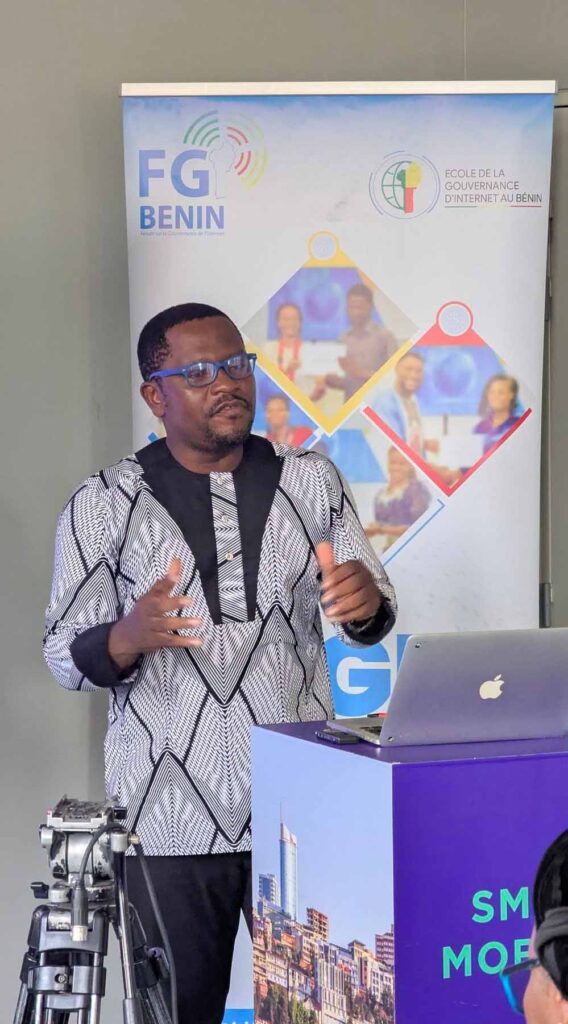
🇧🇯 Benin Chapter partnered with FGI-Benin to successfully co-organize the 2025 edition of the Benin School of Internet Governance. Over 35 participants were empowered with knowledge to understand the history of the Internet and contribute to shaping its future. The chapter also partnered with Benin Network Operators Group (NOG) to showcase how the Internet creates jobs for young people.
🇮🇳 India School of Internet Governance (Insight) celebrated its 10th anniversary in September. InSIG is the collaborative initiative of the seven chapters in India: Bengaluru, Chennai, Delhi, Hyderabad, Kolkata, Mumbai, and Trivandrum Chapters. InSIG featured sessions and workshops, as well as a special video message from Internet pioneer Vint Cerf during the opening ceremony.
🇵🇾 Paraguay Chapter organized the first-ever Paraguay School of Internet Governance, bringing together over 300 participants for a journey of learning and exchange. The event was not only an academic program but also a vibrant space of inspiration and capacity building, empowering participants to become active contributors in building a more open, secure, and inclusive Internet.
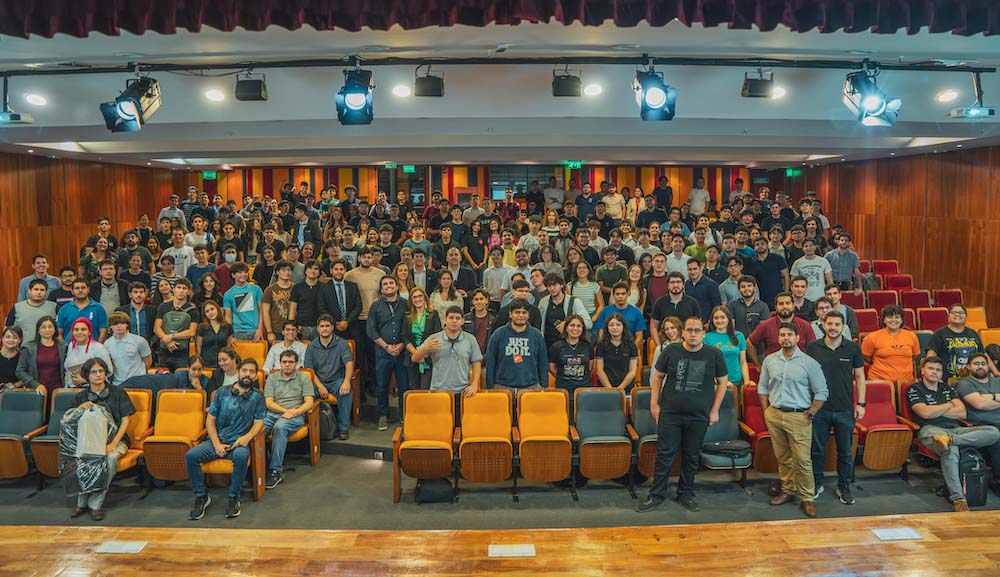
Get involved! Find your local Internet Society chapter and take action at a local level to make global change.
Image © Internet Society Guinea Chapter, © Internet Society Guinea Chapter, © Internet Society Chad Chapter, © Internet Society India Chennai Chapter, © Internet Society Paraguay Chapter, © Internet Society Uruguay Chapter, © Internet Society Benin Chapter, © Internet Society Paraguay Chapter

